Existing User Log In
New User Registration
Register for a free account to gain full access to the VGChartz Network and join our thriving community.



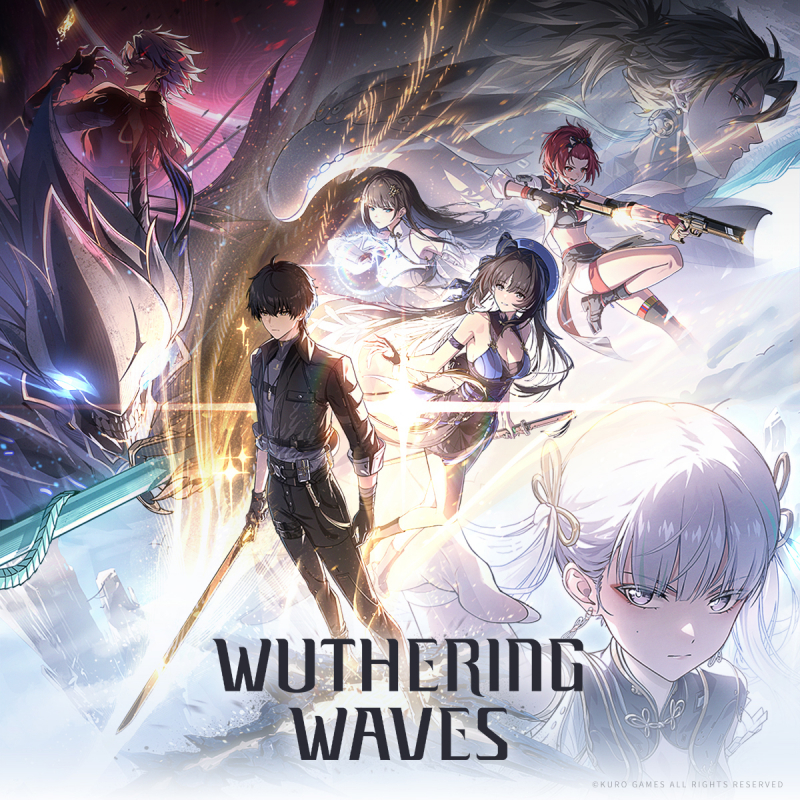

America - Front


America - Back

Kuro Game
Role-Playing
 (Add Date)
(Add Date) (Add Date)
(Add Date) (Add Date)
(Add Date)
| Owners: | 0 |
| Favorite: | 0 |
| Tracked: | 0 |
| Wishlist: | 0 |
| Now Playing: | 0 |
Genshin Impact will turn four years old soon and, surprisingly, there's still no competitor of a similar scale from another publisher. miHoYo's champion is allegedly making over one billion dollars in revenue per year, so I've been expecting other firms to race towards the same model for some time now. Yet it was only just last month that Kuro Games - a more discreet Chinese developer - decided to come hunting on miHoYo's ground.
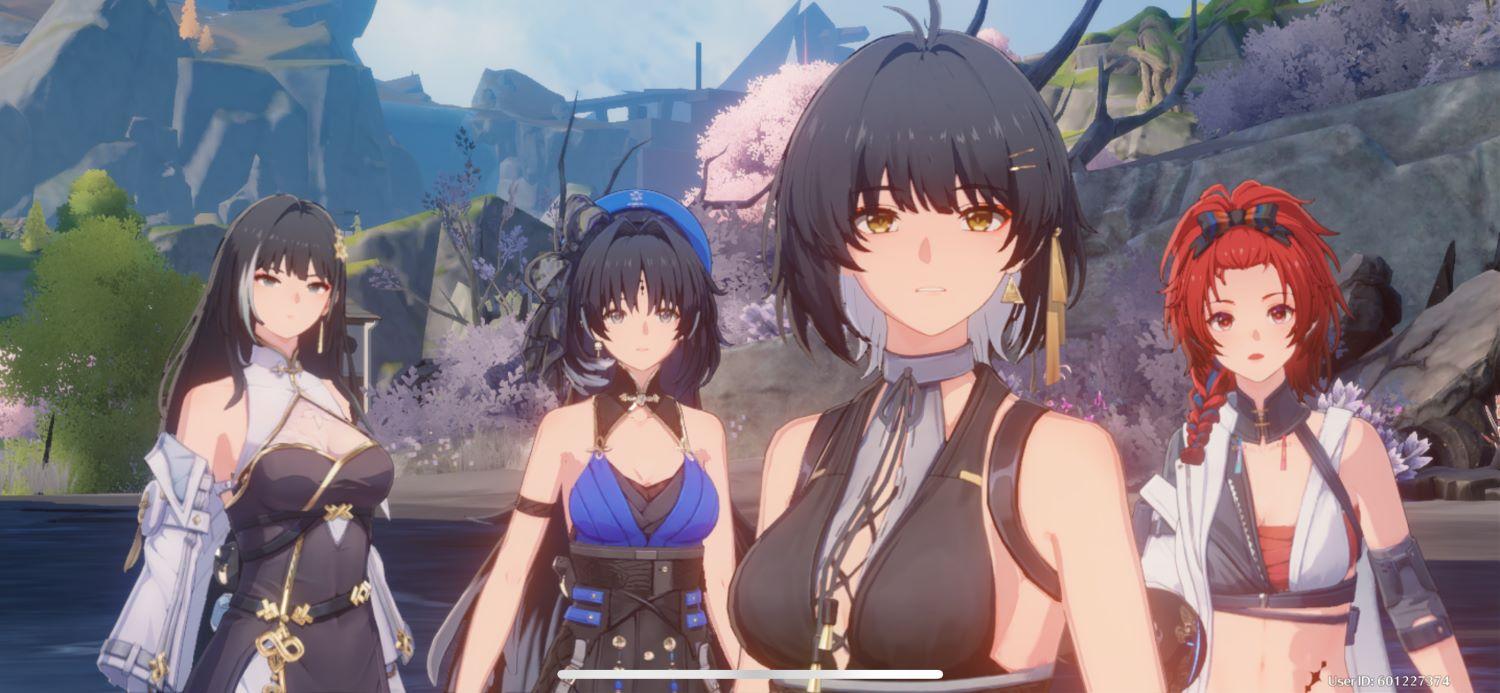
Challenging Genshin Impact's position in the market, Wuthering Waves shares the three big aspects of its competitor: action-RPG gameplay, a large open world, and of course a very large cast of characters. You wake up as the "Nomad", a skilled swordman (or swordswoman) with no past. From there, you're presented with a wide range of activities from the start, such as taking up side quests, character quests, limited events, leveling up your characters, using the city's facilities, exploring the wilderness, or following the main story. Two weeks after launch, Wuthering Waves already has dozens of hours of content on offer.
Speaking of the main story, I did find the introduction to be quite poor, despite the narrative picking up later in the game. It's frankly hard to dive into Wuthering Waves for the first few hours, partly because it fires such an unbelievable quantity of folklore jargon at you that it's impossible to assimilate when first exploring the world and gameplay. There are so many original - and mostly unclear - concepts, and numerous unrelated scenes (or transitions that aren't explained well enough), that I cannot say for sure what's really at stake in Wuthering Waves. It also lacks the kind of dramatic and spectacular sequences that would give you a strong taste of RPG story right from the start; something that would drive you to keep progressing. Instead of that, I found myself trying to decipher an obscure riddle left by the magistrate of the city - it's not exactly eventful, especially when compared to something like Honkai: Star Rail's flamboyant prologue when it launched last year.
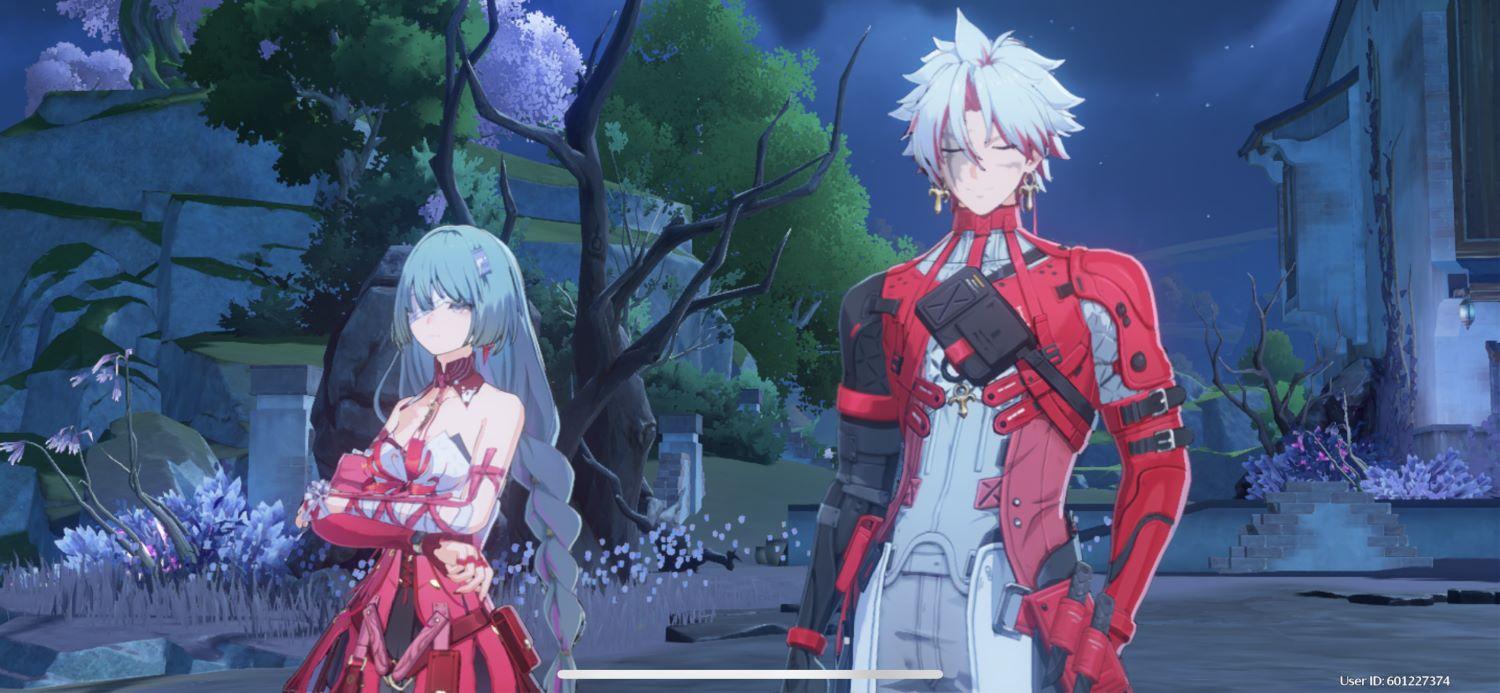
Yet I would give the initial narrative an overall positive outlook, thanks to the scene in which you meet the antagonist Resonators (as warriors are called in Wuthering Waves). At the beginning, you mostly battle fiends called Tacet Discord, but your party eventually meets the ill-willed Resonators and they're fairly charismatic. I'm pointing that out because Genshin Impact has been notably lacking in prominent villain figures of late, which seriously hurt my enjoyment of the game. Returning to Wuthering Waves, that's also where the storytelling takes on a different perspective with a picture book-like allegory. So in summary the story is currently uneven, but I'm confident it can improve significantly as things progress.
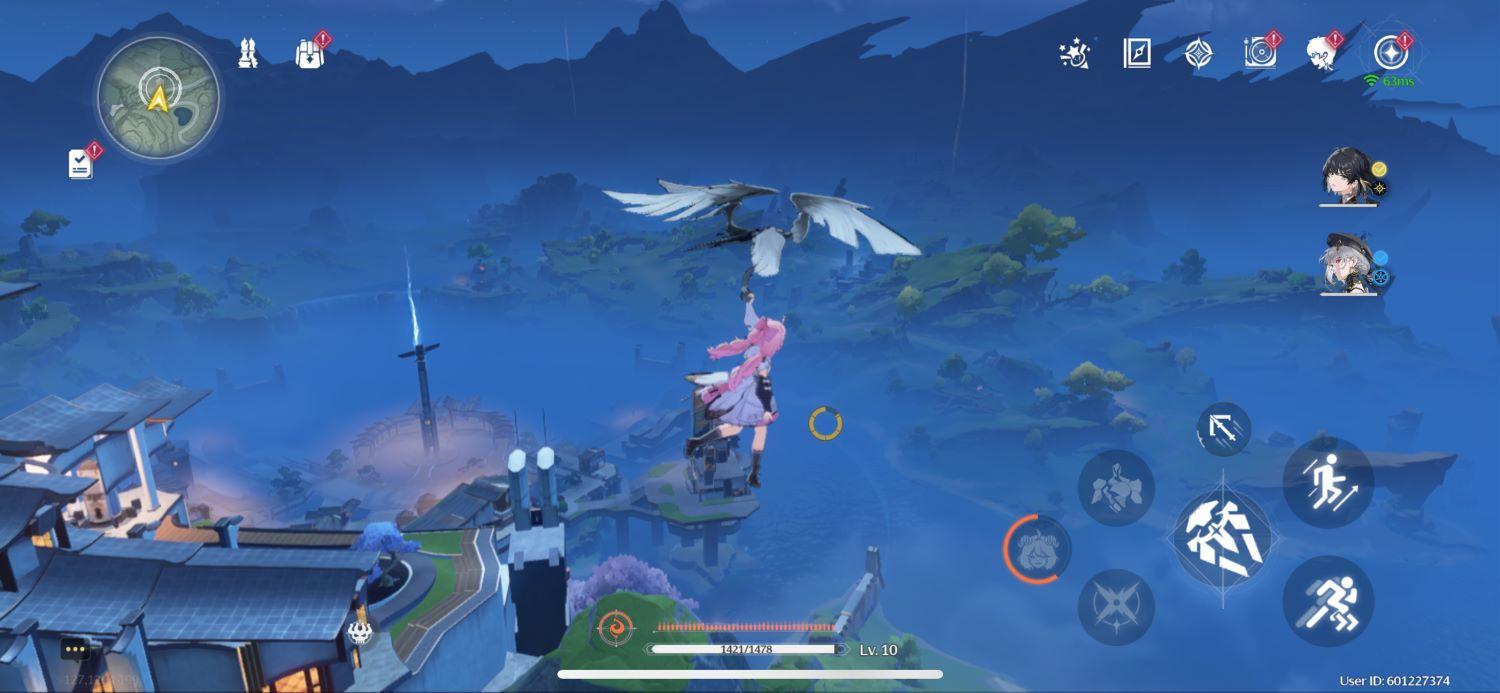
The world map was impressively large at launch. Very much like in Genshin Impact, you must reach and light up towers in order to teleport or heal at said location. Charting like this, the vicinity of the central city (Jinzhou) took me several hours to explore, and the current (initial) boundaries of Solaris-3 go far beyond this. The time I gladly took to map the surface is explained by its complex structure; you trail into mountainous paths, plunge into a giant quarry, and find derelict towns & various facilities. All of these locations are rife with side quests, so there's a hefty volume of content to enjoy while you discover the world little by little.
During your travels, you'll cross the aforementioned Tacet Discord and, surprisingly, you can absorb defeated creatures and equip them later like accessories! They give a certain number of perks - with many synergies between them - and you can even transform into them in battle, which gives other advantages in terms of attack, defense, or healing. Absorbed Tacet Discord can be leveled up, just like characters and weapons. But note that level caps also exist in Wuthering Waves, making leveling a very time-consuming process, because you have to loot various types of level up items from all around the region.
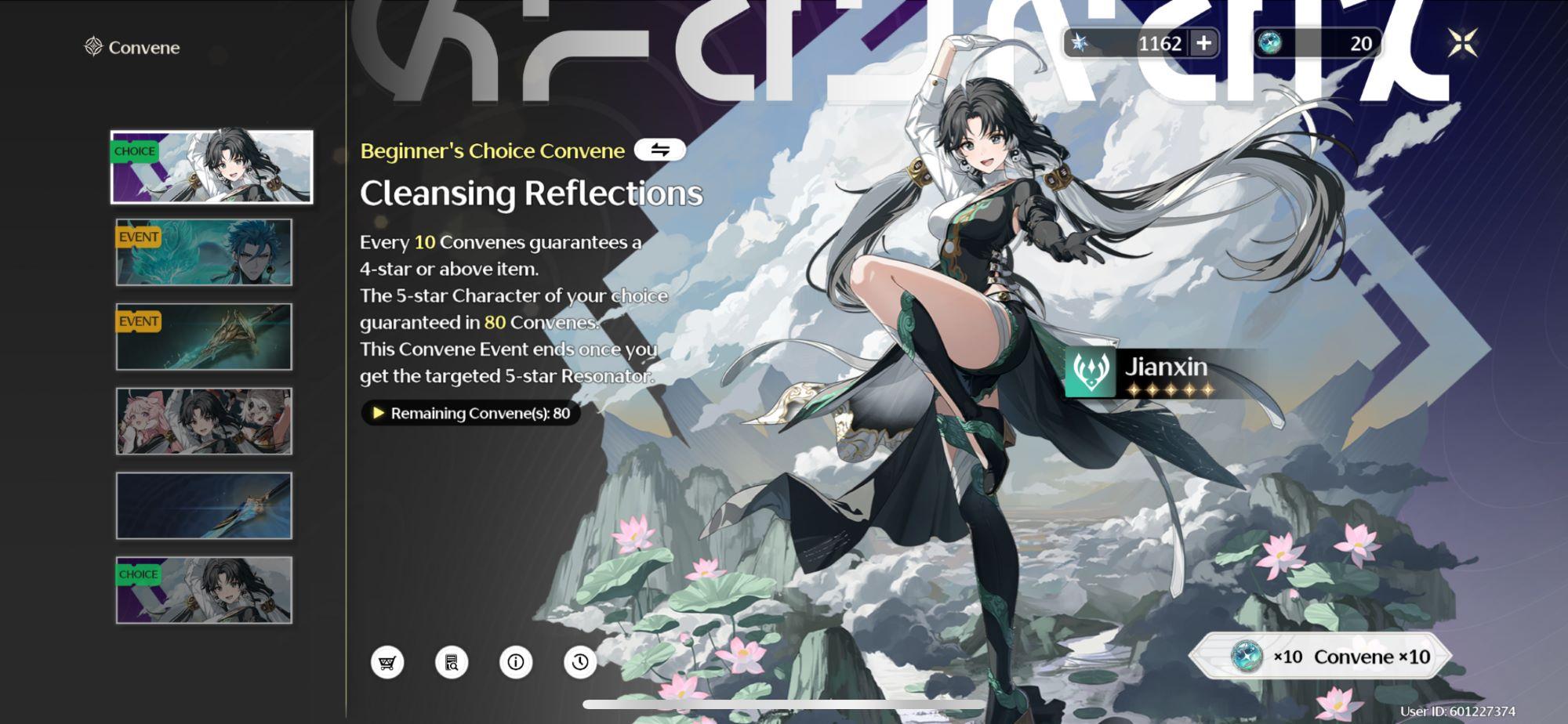
Like other similar free-to-play RPGs, characters are obtained via draws that contain characters of a four or five-star level in terms of rarity and power. The main in-game currency is called Astrite and can be exchanged for Lustrous or Radiant Waves - items that are necessary to pull characters from permanent and limited banners, respectively. The permanent banner has a pool of always-available five-star characters, while limited banners have one five-star character available for draw during a three week period. Strikingly, the cost of microstransactions and exchange rates are roughly the same as they are in the latest miHoYo releases, which proved advantageous even with a low level of investment. The base rate for obtaining a five-star character is 0.8%, and a guarantee of a 50% chance to get the featured limited character comes every 80 pulls (twice this to pull it for sure). These particular odds are actually more favorable to the player than those found in Wuthering Waves' direct competitors.
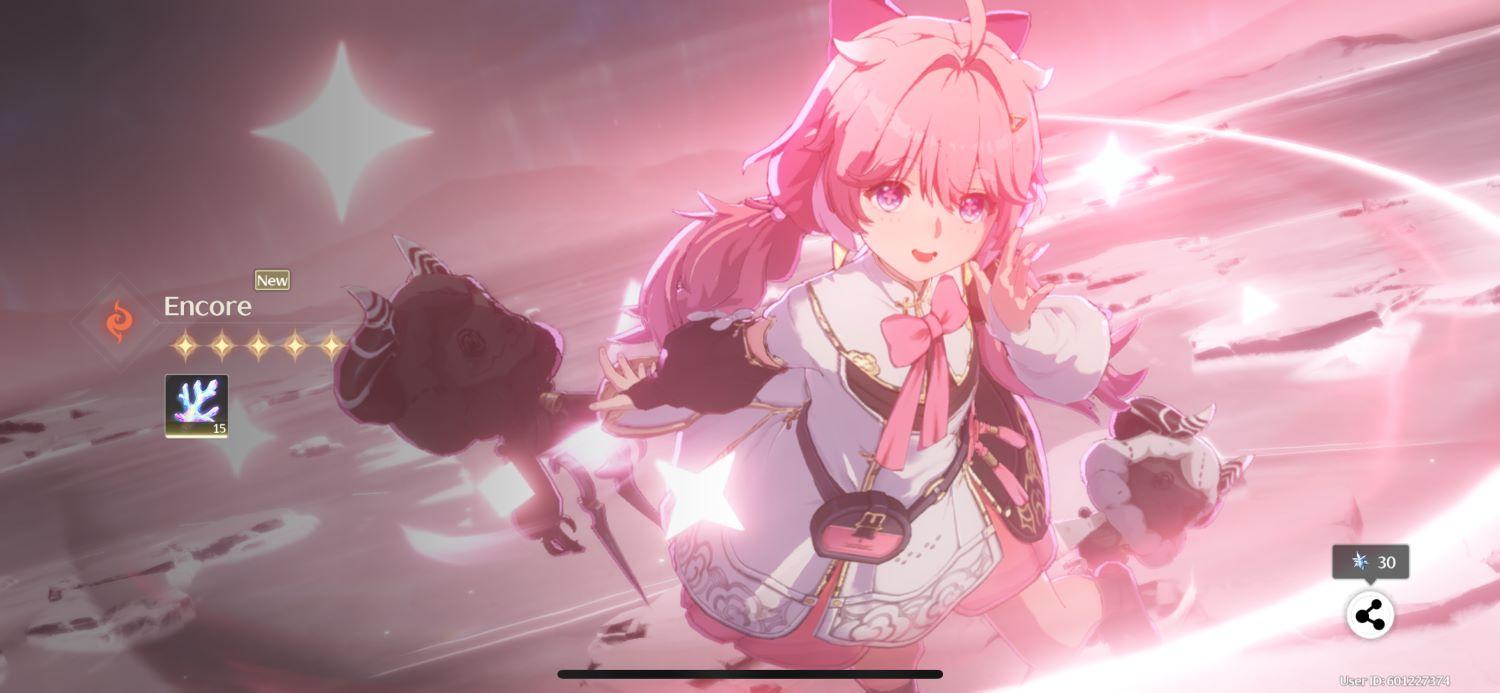
But Wuthering Waves knows how to be generous with new players, with not only five four-star characters given in the first few hours, but also much welcome largesse in terms of five-star Resonators under the permanent banner. The game grants you a voucher to choose the five-star Resonator you want from the permanent banner, and you can set the next one you want guaranteed within the next 80 pulls.
The character designs feel quite different from miHoYo's, with heroes looking less anime-like and more manga-like - a sort of middle ground between Japanese and continental Asian influences. These designs are at the same time both original and compelling, thanks to charming appearances and outfits. The remarkable work in terms of character designs and the aforementioned generosity compared to its rivals should definitely motivate people to keep playing in the long term.
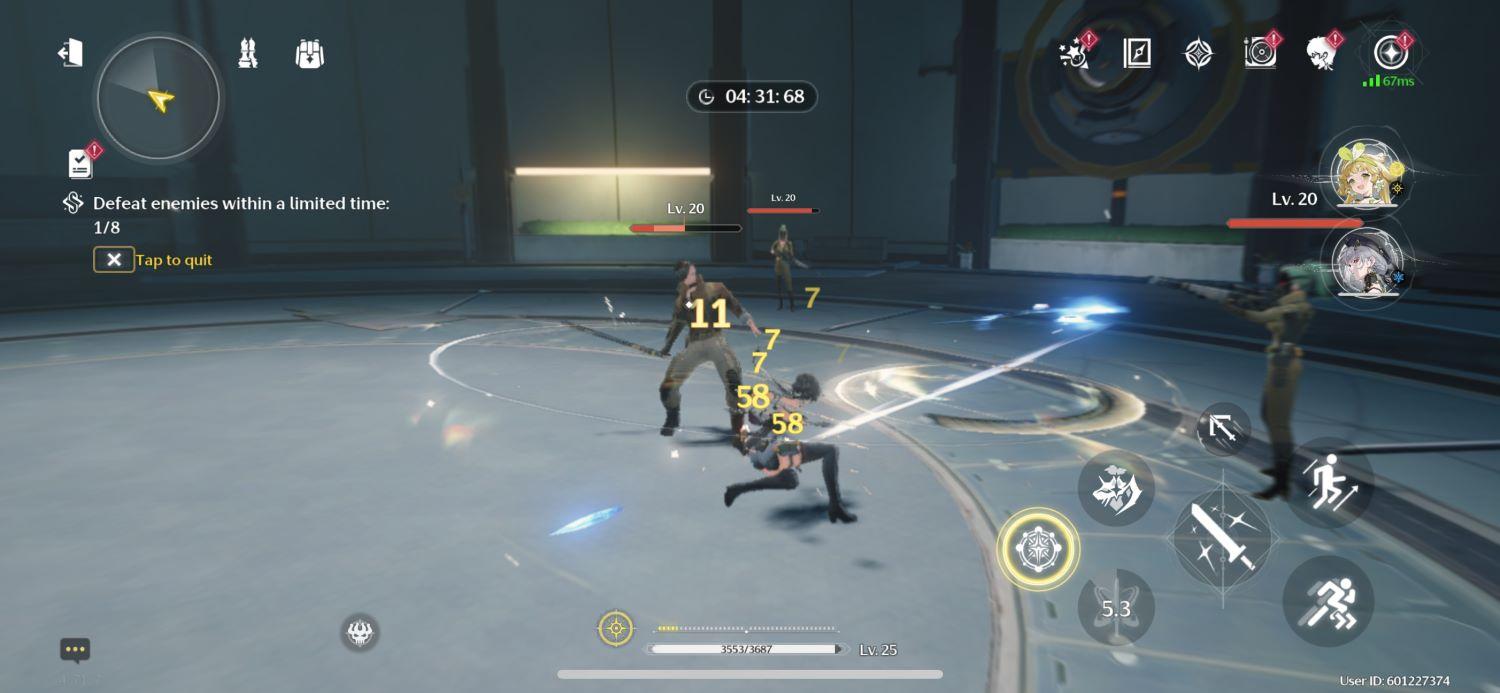
Unfortunately the gameplay and performance is where the luster of the initial launch begins to crack. Wuthering Waves comes to the market on PC and smartphones, but without any controller support for the latter. My DualSense controller works with the PC version, but the game itself is incredibly choppy. I don't have a super advanced PC rig, but it did run Honkai: Star Rail just fine at launch, so I daresay you need strong (and fairly expensive) hardware to play Wuthering Waves on a large screen, which will naturally limit the number of players there and funnel people to the smartphone version.
But the touchscreen controls aren't good for Wuthering Waves - nor for any action RPG really. The real-time combat requires you to be focused on the action, but with no clear distinction between touchscreen buttons, it's hard to play without looking at the buttons themselves to ensure you're tapping on the right one. It's common to have your finger slide onto the wrong command when you're in the middle of more intense gameplay. The point of physical buttons is that you can perfectly operate them without looking at them, since you can feel the form and the distance between them, and their absence is definitely felt here.
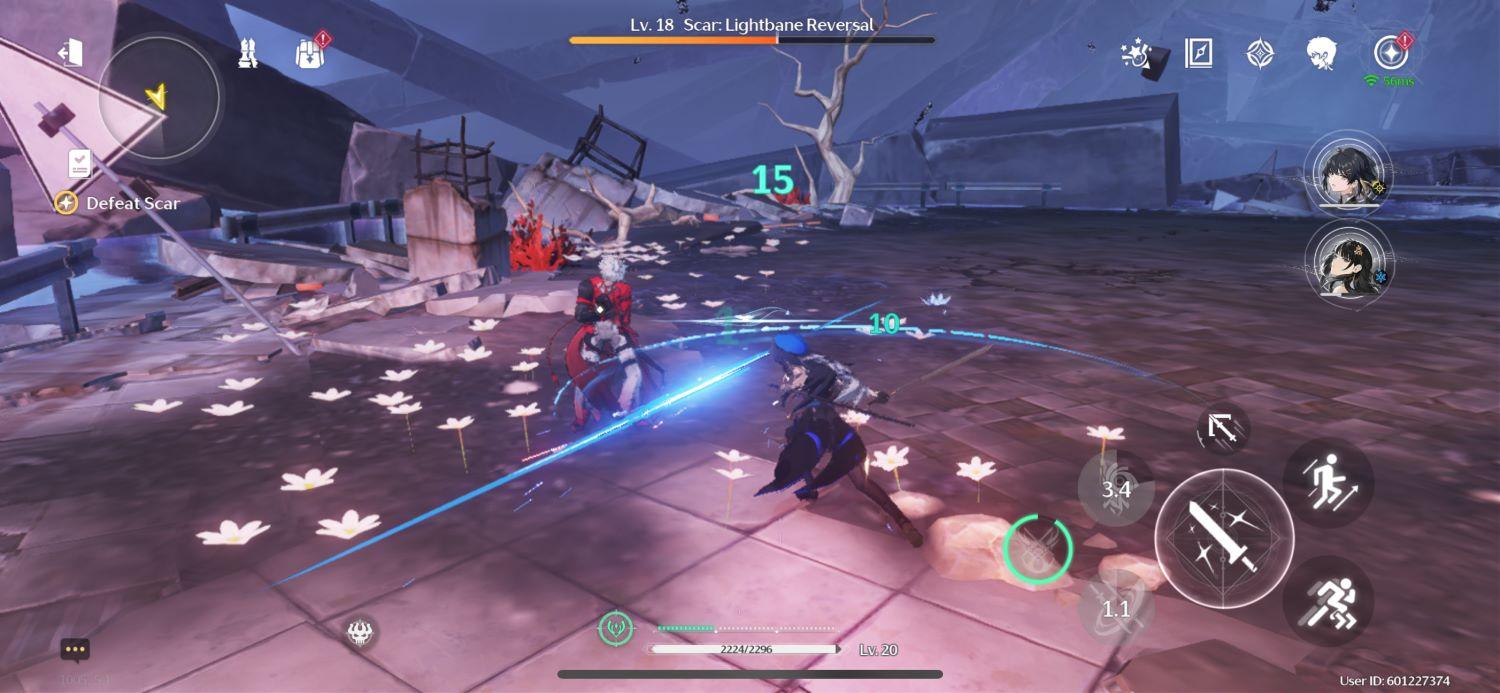
Aside from that issue, Wuthering Waves features quite decent action gameplay. The game uses a two-skill system: you can vary between one base combo, a normal skill, and an ultimate skill (called Resonance and Resonance Liberation, respectively). You can have only three characters per party, though, which is one less than its most direct competitor. There are also fewer opportunities for cooperation and strategy between characters, beyond the traditional roles of attacker and healer. Genshin Impact's elemental reaction system is much more innovative and intuitive. Natural elements exist in Wuthering Waves, but their actual role in gameplay is very limited at present.
At least the evade and counter system adds some depth compared to Genshin Impact: evading at the right time gives you invincibility for a short while, and there are visual hints to counter strong foes. This is both different to, and more dynamic than, the gameplay in Genshin Impact. Another big plus is the wall run system: on the field, you can run up, down, left, and right on any wall, provided you have enough stamina. This is a lot more enjoyable than just climbing, and you save quite a lot of time.
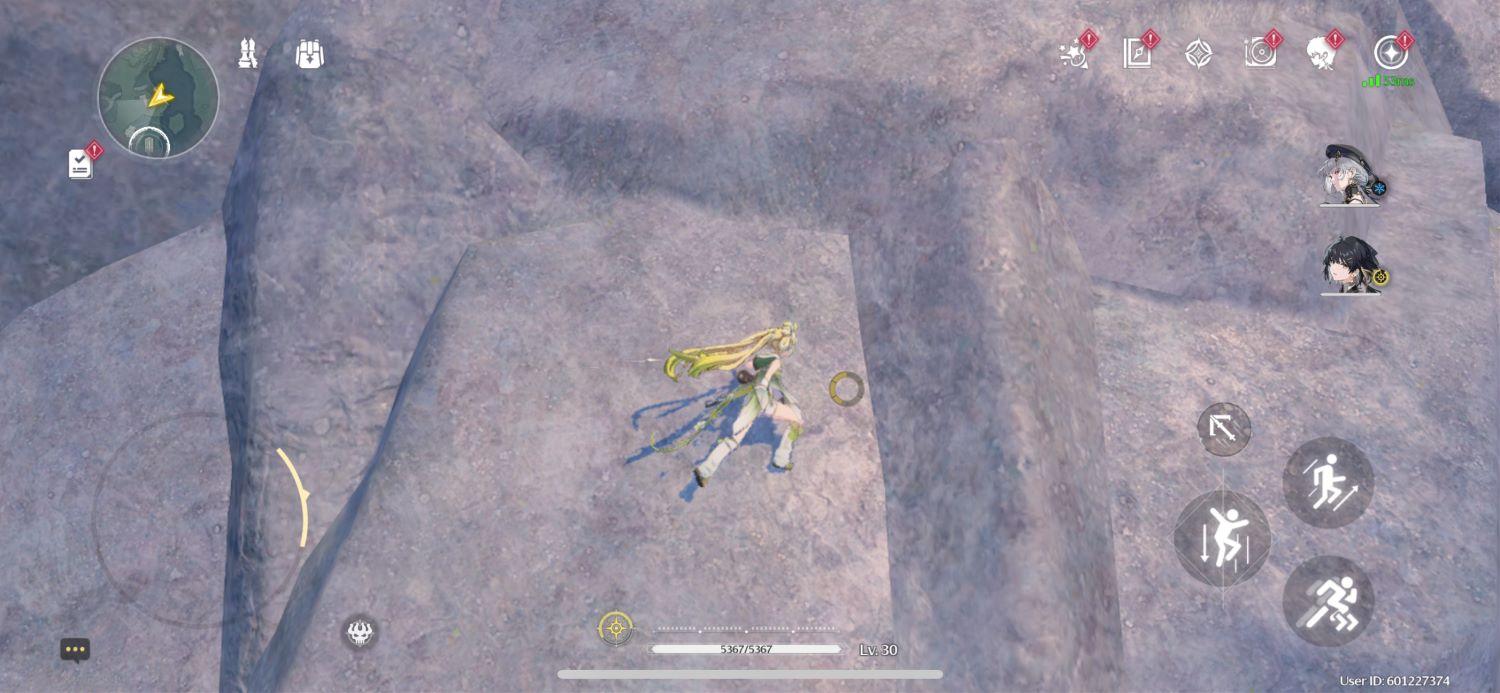
Visually, Wuthering Waves certainly looks fine on an iPhone 12, although I'd say it's not on a par with Genshin Impact on the same model of phone. The character models are magnificent (I expected no less), but the town and surrounding nature are less colorful, rich, and sharp than I'd hoped. Battle animations are very pleasant and stylish, especially during Resonance Liberation moves, and even four-star characters have one of these. Finally, it's worth noting that my hardware heated significantly during long gameplay sessions, with huge framerate drops on these occassions.
While its launch hasn't been ideal, Wuthering Waves does already show enough strong assets to keep players engaged in the long term. Its cast of characters has been richly designed and perfectly modeled, while the world is already overflowing with content and exploration is a real pleasure, despite the oftentimes tedious lore. Kuro Games has also been generous at launch in terms of character giveaways; players and the game will hugely benefit if the developer maintains that approach. The only serious drawbacks are certain elements of the gameplay and performance at launch, which could be solved by a rumored PS5 release. Note that the score below evaluates the initial state of Wuthering Waves and not its innate potential; a point could easily be added if a well-optimised PS5 version is released, or half of one when the promised controller support is eventually implemented.









